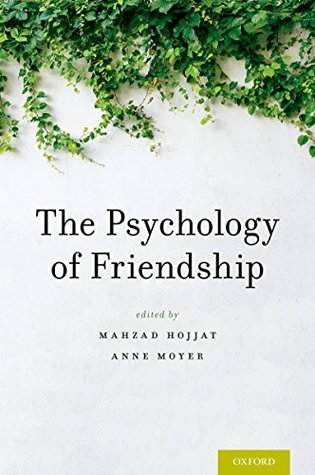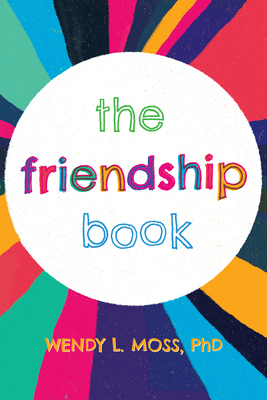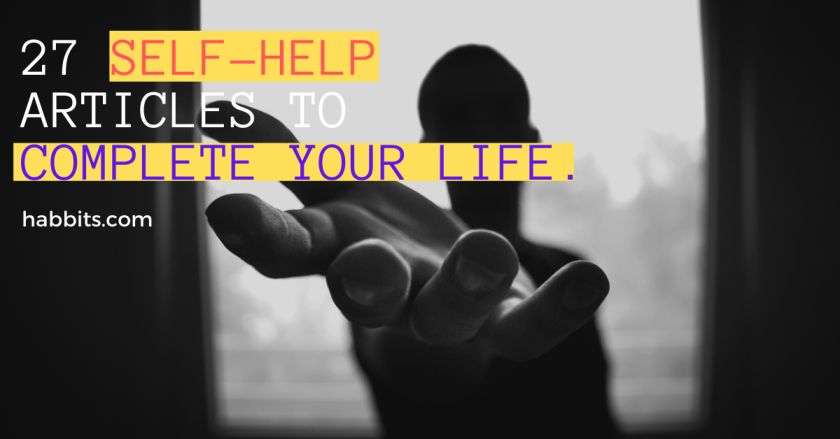I research a lot to develop a list of the Best books on friendship psychology. I give you Friendship psychology books with a quick message about each book.
Table of Contents
HOW TO WIN FRIENDS and INFLUENCE PEOPLE by Dale Carnegie

The book gives you practical steps to become a likeable person. It assists in handling your relationship. Making friends requires understanding others rather than enforcing your will on others.
Dale Carnegie shares ways of first impression techniques. It is about understanding others while expressing yourself.
Smiling someone with reasonable intensional is the best way for a positive outlook. A great smiling and welcoming look make you ready to seduce.
Listening to others is another way to know others. It gives others a comfortable feel with engagement. Read Should I read how to win friends and influence people?
Find the common means to proceed with a discussion. Ask open-ended general questions. Never force others for uneasy questions they feel.
The Psychology of Friendship by Mahzad Hojjat and Anne Moyer:

It explains research around friendship. Each chapter reflects on friendship bond development and impact.
It discusses social media, romantic relationships, mentors and animals on friendship.
The friendship experience yields loneliness, Depression, Anxiety, Self-Esteem and Associate victimization. The harmful friendship side associates our Darkside.
Emotional Closeness, individual differences, personalities affect through friendship. Personal growth shapes quality friendship.
Love, liking and Accepting is fundamental Affective connection process. The feeling comes through a particular friendship experience.
Several barriers like gender, sexuality and race impact our friendship styles. Social media associates authority of relationship.
Friendship in romance allows partners to understand each other’s needs and Fulfilling needs. Friends competitiveness is for improvement purposes.
The Friendship Book by Wendy L. Moss:

It’s a helpful book for teens to know about keeping and letting go of friends.
The book gives quizzes with answers to identify the level of your friendship choices. The improvement methods point out. Every chapter givers a particular Call to action. The author explains social media role in choice making.
Relationship Cure by Joan Declaire and John M. Gottman:

Gottman explains practical steps to develop a strong relationship with your family, friends and partner.
Biding develop reasons towards certain conversational experience.
Biding can move forward to get positive responses from others. It can put us against each other through hatefulness or arguments.
The third Bid is ignoring the other person’s emotions. Bid buster uses harmful words to hurt others.
The arguments trigger various emotions to put us overwhelmed.
Your bran emotional command system has triggered. It identifies your triggers to understand others.
Emotional Heritage is the way through which your family deal with emotional management. It’s about helping each other through expressing and disapproving feelings.
Friends: Understanding the Power of Our Most Important Relationships By Robin Dunbar:

Robin talks about friendship power as a relationship. Everyone has 5 Close friends at varying intimacy levels.
The author researches friendship. It is the way to see the world through others’ eyes. It levels up through complex social networks. Think about action before proceeding. It impacts your friend’s cycle. Alikeness is essential for friendship.
The author explains 7 Pillars that explains friendship cultural influence. It’s associates experience, language, career, hobbies, humour, musical taste and Moral values.
The Unwritten Rules of Friendship: Simple Strategies To Help Your Child Make Friends by Eileen Kennedy-Moore and Natalie Elman:

Children are stuck in the isolation problem while facing unwanted social issues. Bad friendship as a child can be a real effecting problem. Unwritten rules are guidance to run your social interaction smooth. These rules change the perspective of your child or anyone with friendship issues.
It builds your child the sense of the whole. He feels confident with values shared goals. Connect with the child’s teacher for the child’s communication. Develop opportunities for your child to socialize. Proceed slow and consistent towards it. Share your confident experience with your child. Move with kindness with appreciating ways.
A Return to Love By Marianne Williamson:

The book teaches the power of love to transform choices.
Our Pain and suffering increase with time in this world. The relief of pain and true happiness comes through a higher level of meaning. Fear has a deep root in your happiness. Never allow fear to block down your kindness. Never feeds insecurities.
Connect your purpose to help others. It gives an idea of serving others. Your self-interest becomes meaningful. The author teaches about being empathetic towards people around you. It assists in understanding them.
Consequential Strangers by Karen L. Fingerman and Melinda Blau:
Check from AmazonOur family members and close friends circle play a crucial role in moving forward in life. Consequential Strangers are minors who play a temporary role to shape themselves. The book is research-based through interviewing 200 people. Consequential strangers support us emotional, in pleasure, spiritual and more. Those strangers impact due to some consequence. We choose them due to some action results.
Our every decision associates us through new consequential strangers. You feel bothered or connected through the consequential Strangers.
The Friend Who Got Away by Elissa Schappell and Jenny Offill:
The book discusses the pain of losing a friend. It shares the stories of 20 Women who share about the painful experience of losing friends. The shared stories have a lesson to move better along with friends. It’s thought proking about friendship lose healing.
Frientimacy: How to Deepen Friendships for Lifelong Health by Shasta Nelson:
Check from AmazonShasta explains the value of understanding the intimacy gap in the relationship. Close the gap of necessary intimacy. It changes you towards insecurity triggers.
No friendship starts through intimacy; the Friendimacy develops. Freindimacy has 3 Requirements. Those are positivity, consistency, and vulnerability.
Your commitment is necessary to move forward. Not every Friendship achieves a level of intimacy. Be ready to give your best and accepting necessary. Build trust through consistently constructive actions. Vulnerable to take relationship towards the next level.
Not every friendship is savable, but Frientimacy exists and works.
The Science of Likability by Patrick King:
Check from AmazonThe book shares the 27 Crucial Studies about improving your likableness.
It teaches to explore People’s moods, Favors, ends inequalities and acts closeness first.
Trust develops through exposure to a person. Perform mistakes towards purpose and become likeable. Give good vibes to become a pleasurable person consistently. It’s about not polite without reason.
The Science of Making Friends: Helping Socially Challenged Teens and Young Adults by Elizabeth A. Laugeson:
Check from AmazonThe book explains the science about the make and keeping friends. Starting and ending conversation impacts making friends. Get-togethers and exciting conversations are also crucial. Arguments, teasing, bullying and gossiping supports friendship conflicts. The author points out the acceptable and unacceptable social rules for all. Identify workable and errored social skills.



